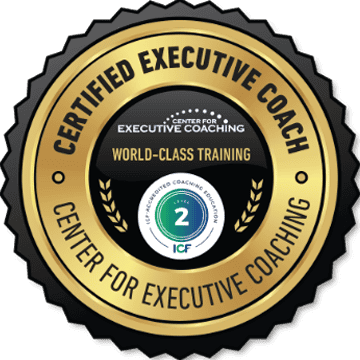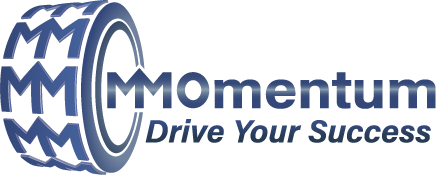Leadership Development Benefits and Potential Areas of Exploration:
- Develop your emotional intelligence OR the ability to project it convincingly.
- Collaborate and communicate effectively with your management.
- Assess your team’s strengths to better manage, delegate, and communicate.
- Challenge your doubts and limiting beliefs to develop career-spanning grit.
- Gain respect by closing the gap between intent & action, and action & results.
- Learn how to resolve conflict and build a strong network to reach your goals.
- Navigate your corporate environment so that “good people finish first.”
- Make friends with your imposter syndrome and turn it into a superpower.
Introduction:

You spent years developing specific knowledge and skills in your discipline, perhaps even seeking advanced or multiple degrees in preparation for a successful career. Yet, effective leadership is something you have been expected to figure out on your own by perhaps reading books, mimicking other leaders, or, if fortunate, mentorship.
However, learning to be an effective or more effective leader can start at any stage in one’s career, whether as a high-achieving early-career professional, group manager, or senior executive. Leadership development through coaching (often called leadership coaching or executive coaching) uses a personalized approach based on your strengths, blind spots, skills, and behaviors to help you fully develop your leadership potential … yes, even as an introvert.
Our introductory call will take just 20 minutes.
Unlike IQ, which is largely set after our teen years, EQ (emotional intelligence) can be continuously improved over time with proper training. For those who struggle to process other people’s emotions, the skills to recognize specific cues and respond appropriately can also be learned.
Leadership development and coaching will help you improve your overall emotional intelligence.
Benefits:
1. Resolve conflict efficiently and constructively.
2. Develop a mindful approach to your relationships and learn how to genuinely and positively influence those around you.
3. Become trusted and respected for who you are and what you’ve accomplished.
4. Develop more effective solutions through collaboration.
5. Lead effectively while staying true to your values and internal self.
As introverted leaders, we have developed strategies to deal with conflict, provide criticism, and drive our teams. However, these strategies do not always work as intended or desired. Learning how to manage one’s own workload, dealing with administrative tasks and nurturing a team can seem overwhelming.
Leadership development and coaching will help you better manage your time, deal more effectively with team dynamics, encourage growth and develop a healthy team attitude.
Benefits:
1. Develop a team culture that emphasizes a common purpose and achieving the right results the right way.
2. Effectively delegate tasks so you can efficiently manage your team and still work on activities you enjoy.
3. Minimize the drama while ensuring that your team feels secure.
4. Authentically highlight your and your team’s accomplishments to other teams and senior management.
Leadership development and coaching will help reveal your hidden strengths and blind spots, redirect your overly critical internal dialogue, and understand how imposter syndrome has propelled your career.
Benefits:
1. Tap into your imposter syndrome and recognize it as your superpower and driver that helps you accomplish your near-term and aspirational goals.
2. Leave behind (most) of your feelings of inadequacy and feel more confident in your actions, strategies, and demeanor.
3. Escape analysis paralysis, creative avoidance (a type of procrastination), and the crippling need for perfection, and instead embrace an analytical approach to “good enough.”
4. Objectively identify your blind spots or areas for improvement so that your team can complement your abilities and help you grow.
5. Learn to recognize, enjoy, and remember your accomplishments, and make that learning a habit that turns into career-spanning grit.
Details and Proposed Process:
Typical Engagement: 6-9 Months
- We choose to work together, allowing a great fit to yield great results.
- Every aspect of our engagement remains strictly confidential.
- I move at your pace and will partner with you to accomplish some, all, or even more than your original objectives.
- My coaching focuses on context only, such as addressing behaviors or ideas that hold you back, and creating a positive, forward-looking attitude. Content development is left to the client, though I am always happy to provide coaching and guidance to ease the process.
- Please review my engagement process. Should you have any questions, let’s discuss them during our introductory call.
- During a follow-up call, we will finalize the terms, development goals, and desired outcomes before signing the contract.
- Sessions are 1-hour long and held on the same weekday and time. Typical engagements are set to meet once per week for the first half and then once per month for the second half. The meeting schedule is customizable.
- Sessions are conducted using teleconference applications, such as Zoom.

My Qualifications:

- I am a certified executive coach with additional specialties through the Center for Executive Coaching. My credentials and added certifications are available on the Education and Certifications page.
- My business, engineering, and scientific background information is available on LinkedIn.
